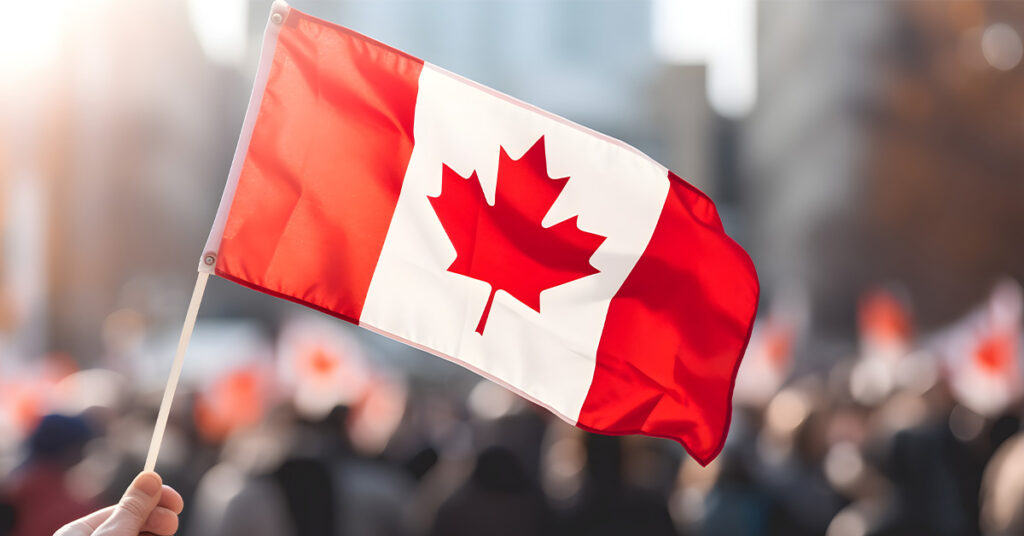Ready to turn your Canadian dream into reality?
Fill out the quick form below and we’ll email you a direct link to our Essential Guide for Newcomers to Canada—a step‑by‑step checklist that covers:
✈️ Pre‑departure prep:
Passports, banking, housing, health insurance, and more.
✅️ First‑day essentials:
SIN, mobile plan, healthcare, internet, transit options.
⏳️ Long‑term success:
Language programs, career tips, settlement services, and pathways to citizenship.\
Whether you’re arriving as a worker, student, or new permanent resident, this guide puts all the must‑know information in one place so you can stress less and focus on starting your new life.
Complete the form below and check your inbox for instant access.
Questions right now?
Speak with an immigration expert today.



